On 17 July, in retaliation for an attack on the Crimean Bridge, Russia cancelled the Black Sea Grain deal facilitated by the United Nations and Turkey. The deal permitted war-torn Ukraine to export grain from its three ports to countries struggling with hunger and poverty. According to the New York-based International Rescue Committee, the deal has been a “lifeline for the 79 countries and 349 million people on the front lines of food insecurity”. The cancellation has already sent the wheat prices soaring, consequently, the countries affected by food insecurity, are bound to start blaming Russia for their misfortunes. The war has been going on for over 500 days and does not seem to be heading to a conclusion soon. The Western world has been claiming that Russia and President Vladimir Putin are staring at certain defeat, on the other hand many anti-US analysts believe that President Volodymyr Zelenskyy is taking Ukraine towards eventual obliteration. It is therefore necessary to do an objective analysis of the war and to see if Putin has really gained anything by it. Most impartial analysts would agree that Moscow had certain genuine grievances against the West when it attacked Ukraine. The assurances given to Moscow after the disintegration of the Soviet Union were not adhered to, and NATO was moving eastward by incorporating even the former members of the Warsaw Pact as well as the Soviet Union. Nevertheless, it needs to be appreciated that the threat of war is a far more potent tool of state power than the war itself. Consequently, Putin’s position and Russia’s geopolitical strength has gradually diminished as the war has progressed. This article makes an attempt to objectively analyse Putin’s losses ever since the war started. Firstly, there is no doubt that Russia did manage to achieve an initial tactical surprise by launching its main offensives from Crimea in the South and Belarus in the North, while Kyiv was expecting an attack from Donbas in the East. Putin’s objective was to rapidly capture Kyiv, install a government of its choice and reach a negotiated settlement with it. However, after the phenomenal success in the first 24 hours, when the Ukranians were in complete disarray, the offensive stalled. Subsequently, Zelenskyy managed to rally his countrymen around and gave a tough fight. The Russian objective, initially was not to antagonise the population or go for protracted war, but it has since dragged on causing widespread loss of life and property on both sides. With each passing day, both Russia and Ukraine are becoming weaker, but Ukrainian defence hardware is being augmented by the West, which sees it as an instrument to weaken Russia, without getting embroiled in the conflict. When the war started, Russia was a former superpower that had re-established itself as a major power under Putin, by successfully defending Assad in Syria. Most of the CIS countries were firmly within its sphere of influence and even in Ukraine, a significant section of the population was pro-Russia. The international community including Ukraine had accepted Russia’s de-facto possession of Crimea and even its control over significant territories in both Donetsk and Luhansk provinces had been accepted with some caveats. It was also feasible for Russia then to pressurise Ukraine to implement Minsk Agreements on Donetsk and Luhansk. However, after 500 days of conflict, almost all CIS countries, with the sole exception of Belarus are either abstaining or voting against Russia in UN resolutions, thereby clearly indicating a widening chasm with Russia. Countries like Sweden, which had remained neutral in both World Wars and Finland, which was treaty-bound to be neutral, are joining NATO, thereby facilitating its eastward expansion, which Putin wanted to avoid. Consequently, irrespective of the war’s outcome, Moscow’s geopolitical stature is undoubtedly diminishing. More significantly, a weak Russia is becoming more and more dependent on China, which should be a cause of serious concern both in India and the West. On the domestic front, the Russian economy has been shrinking and its performance on the military front has led to loss of men, material and prestige. The demographic crunch has forced Putin to rely on armed mercenaries and ethnic militias to fight the war. The rising dependence on non-state actors has created its own set of associated problems, as was evident in the rebellion by Wagner. The incident has severely dented Putin’s authority and has created a security threat for Moscow that would linger on till these militias remain on Russian soil. If Russia has to prevent the gradual decay, Putin would do well to accept a negotiated settlement, that comes from ‘friends’ and gives him a fig leaf to hide his failures. The author is Director India Foundation. Views expressed in the above piece are personal and solely that of the author. They do not necessarily reflect Firstpost’s views. Read all the Latest News, Trending News, Cricket News, Bollywood News, India News and Entertainment News here. Follow us on Facebook, Twitter and Instagram.
If Russia has to prevent the gradual decay, Vladimir Putin would do well to accept a negotiated settlement, that comes from ‘friends’ and gives him a fig leaf to hide his failures
Advertisement
End of Article


)
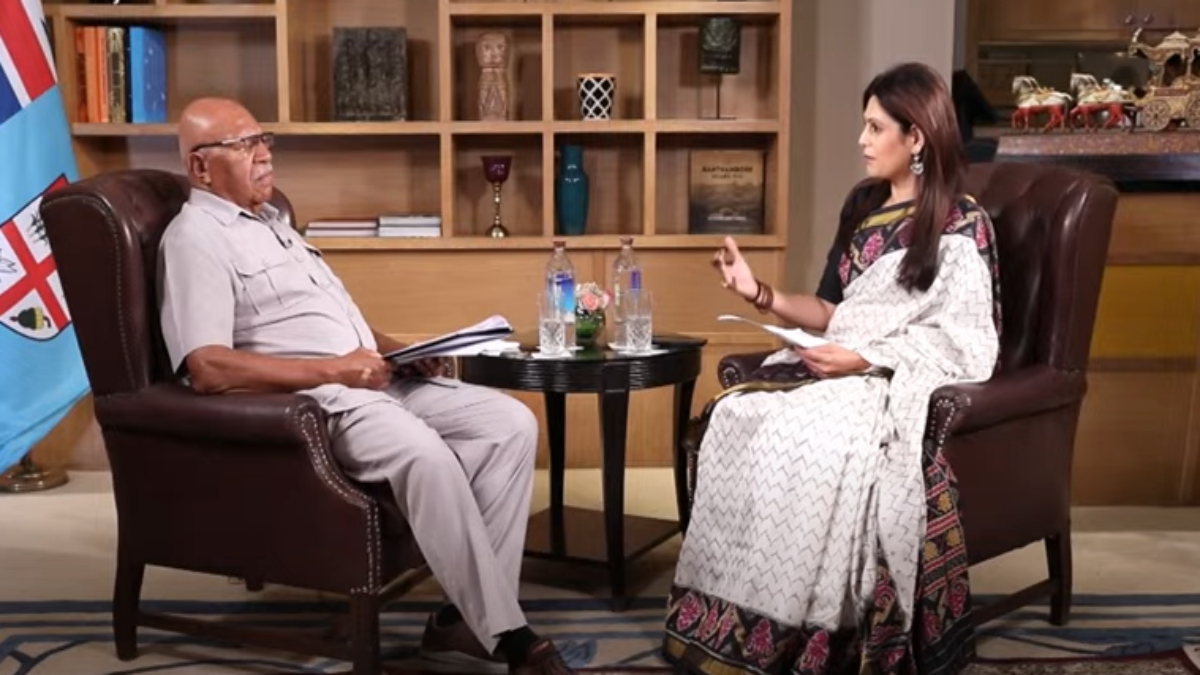)
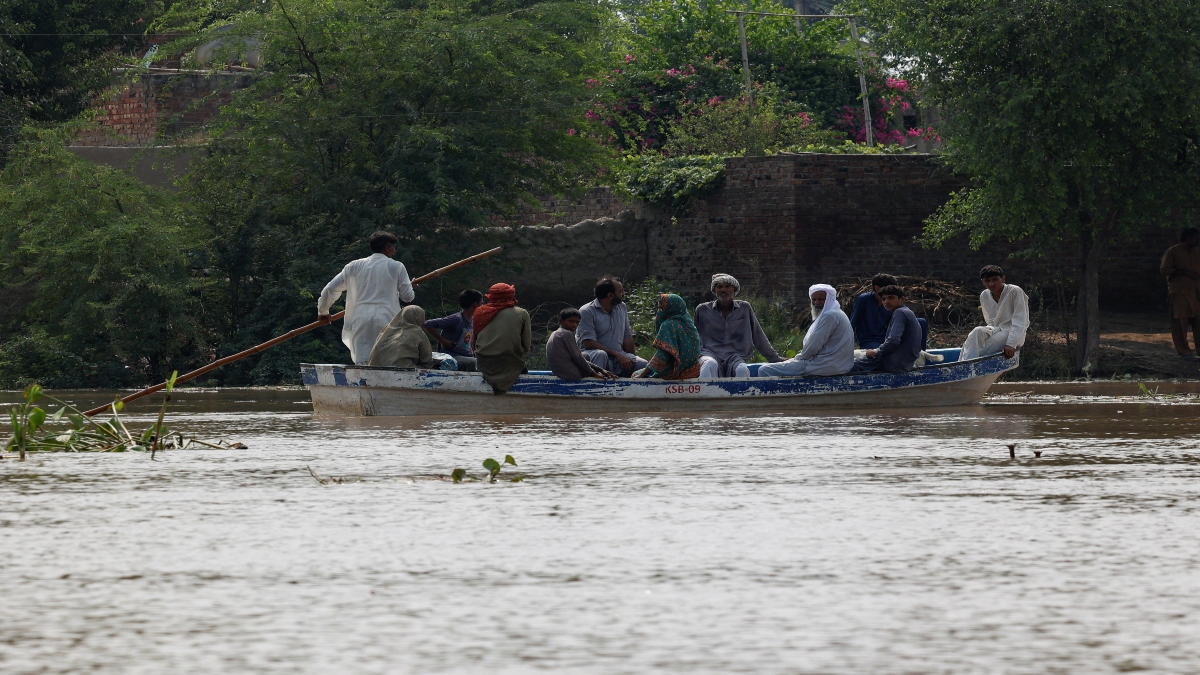)
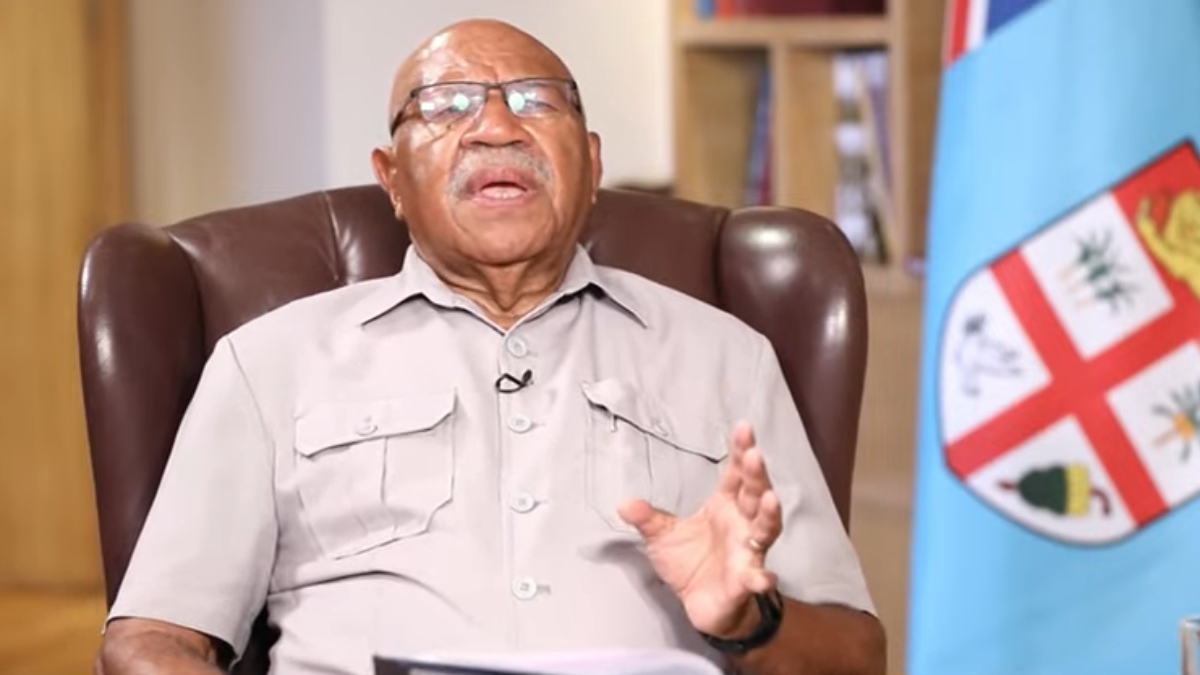)
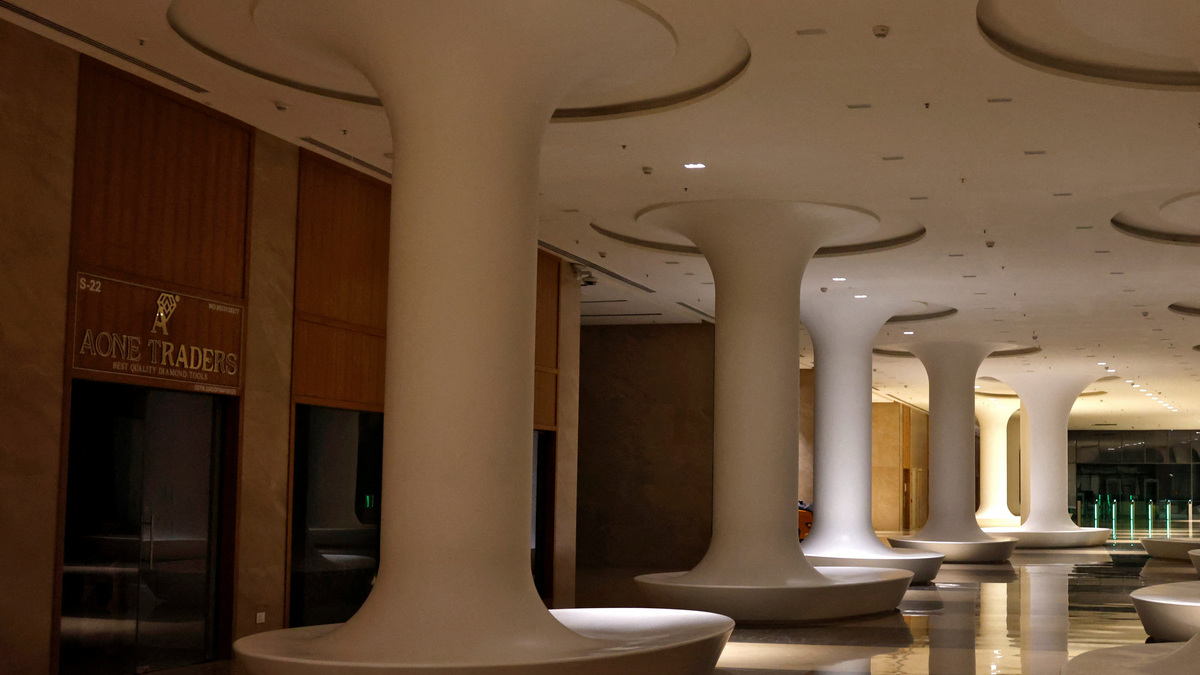)
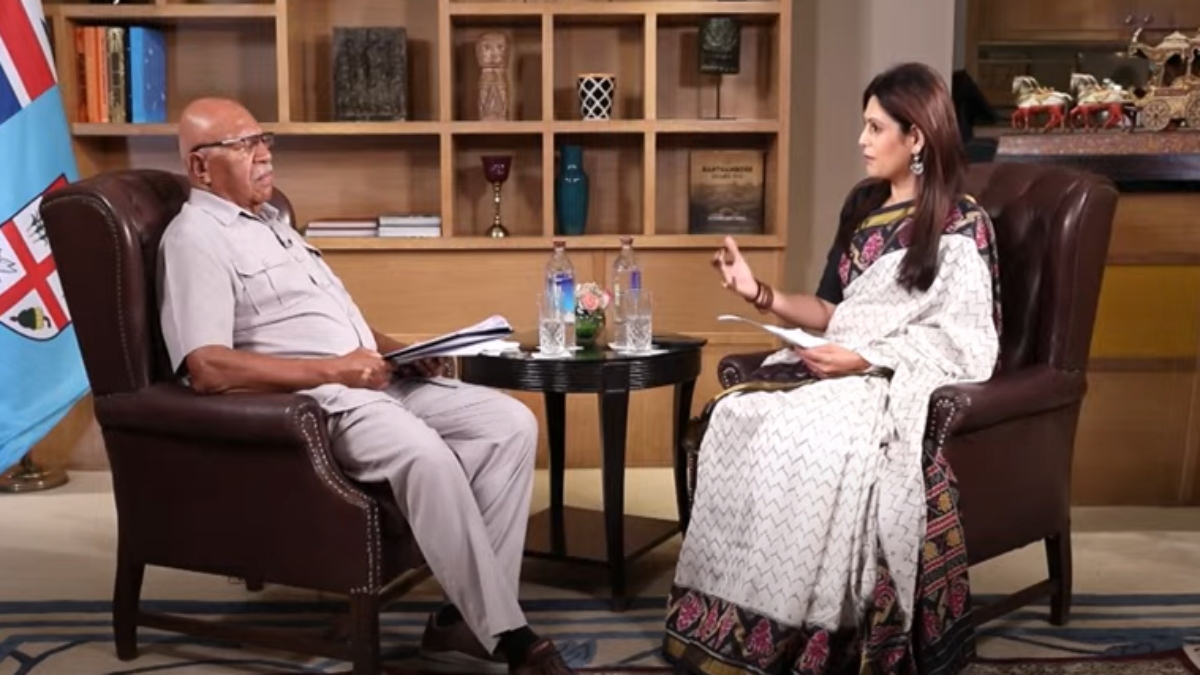)
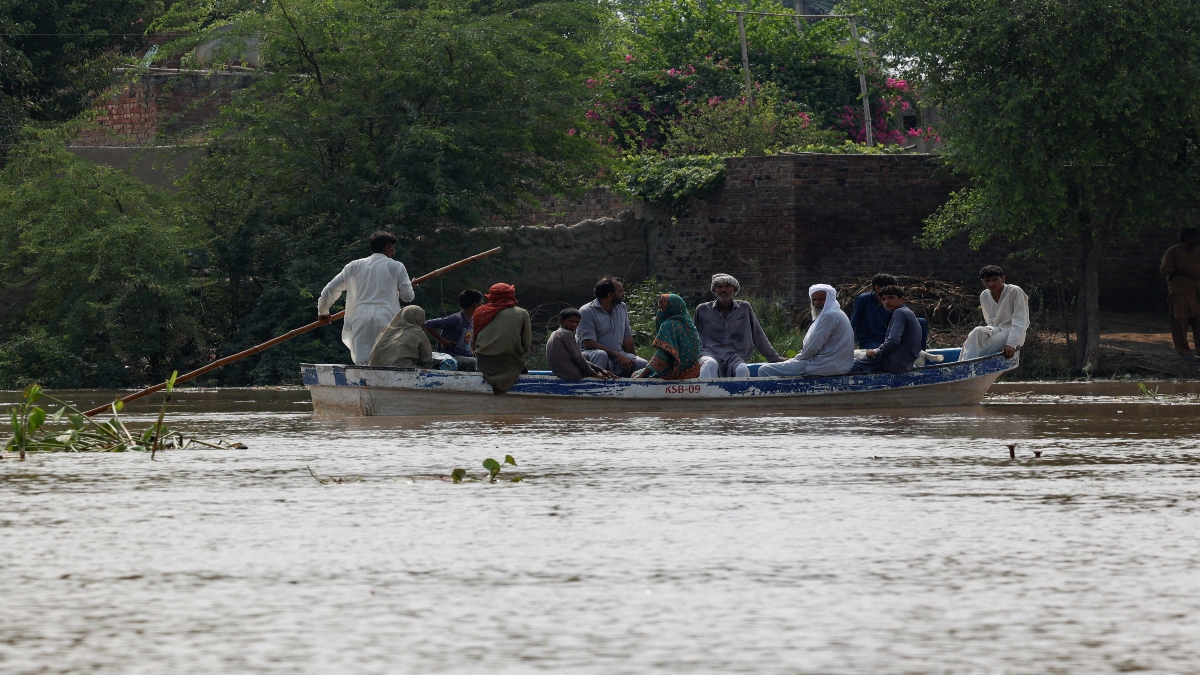)
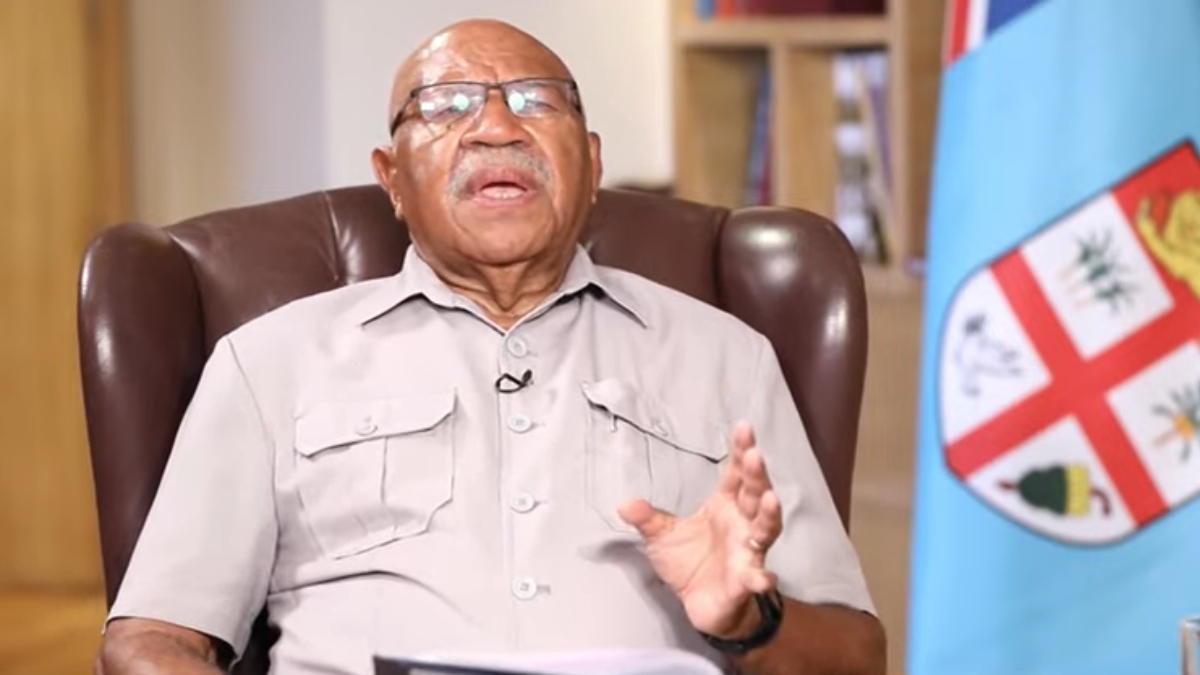)
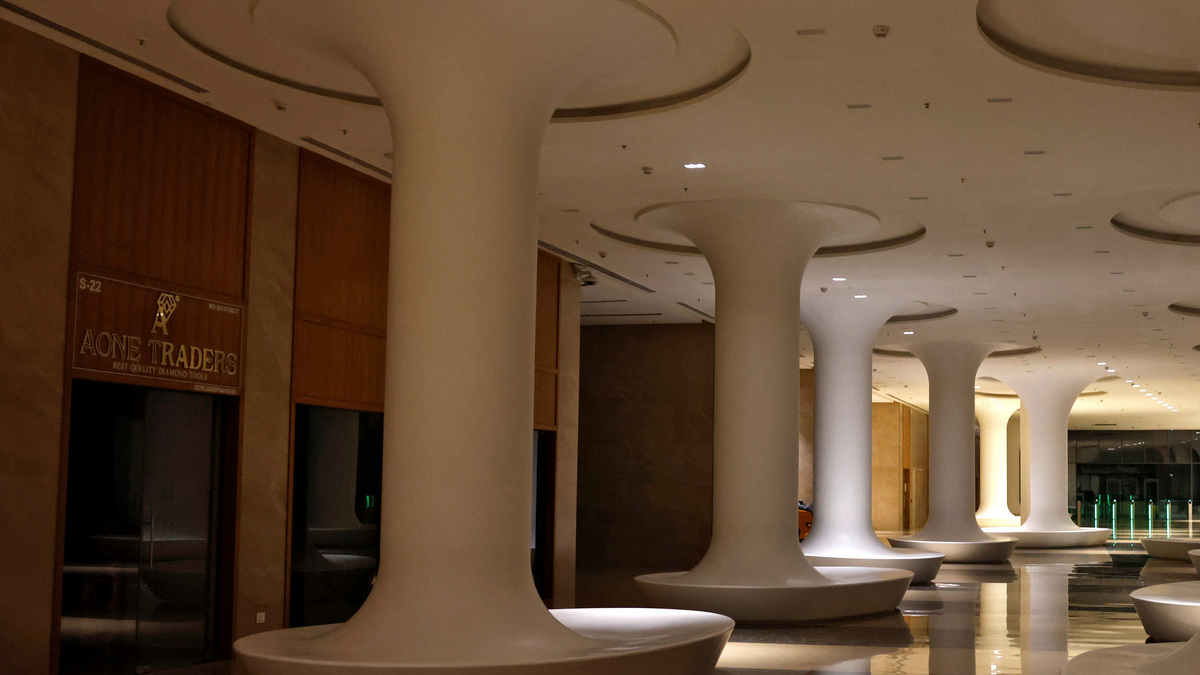)



